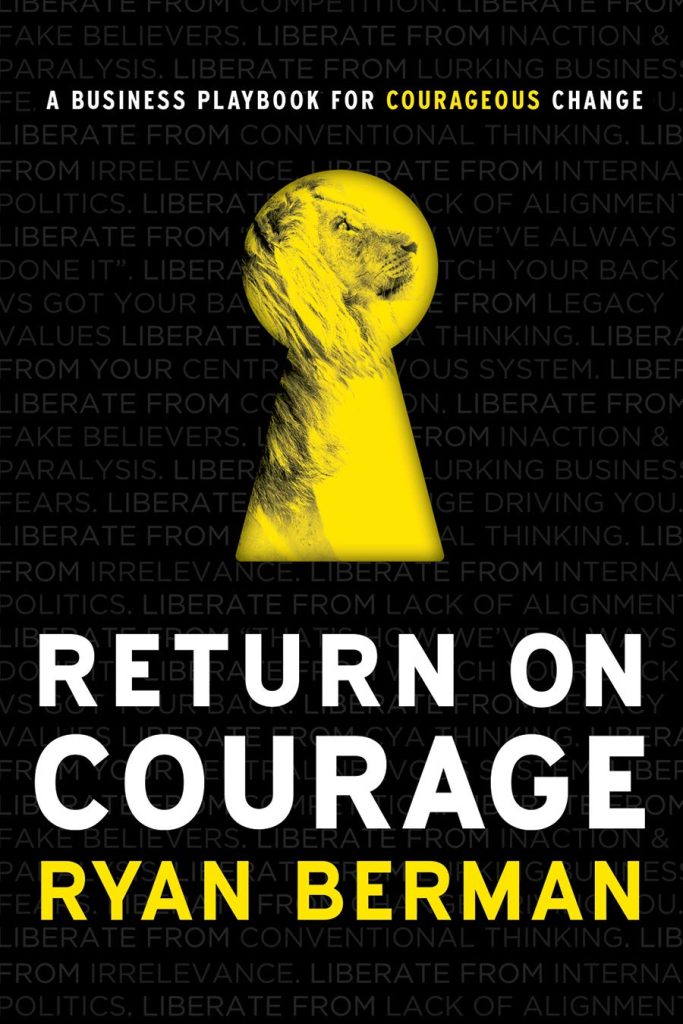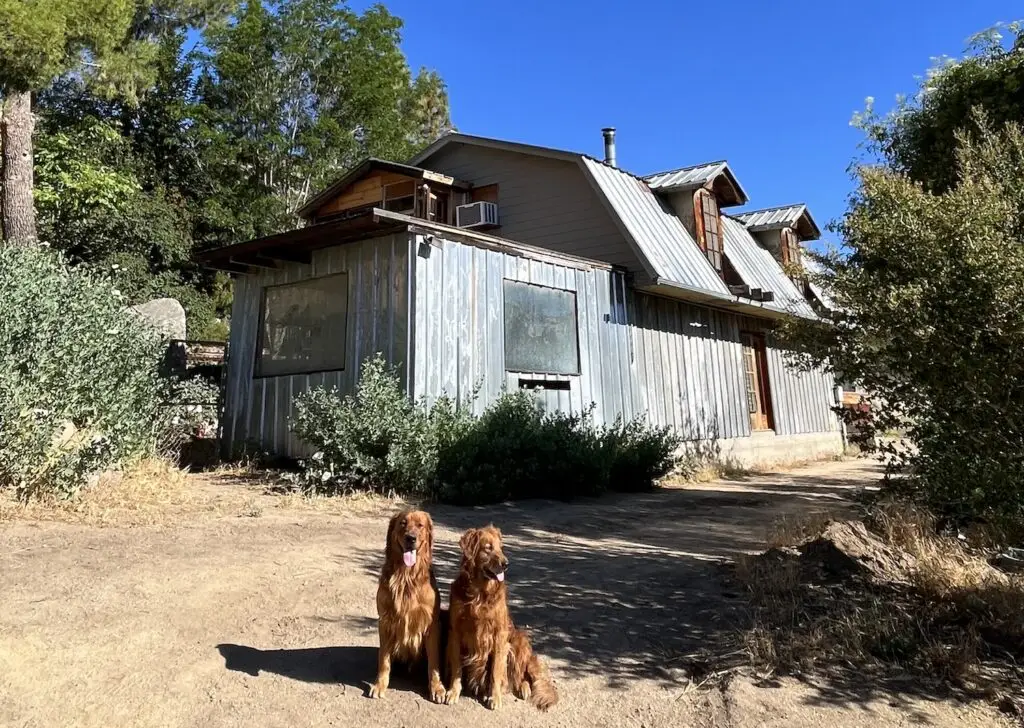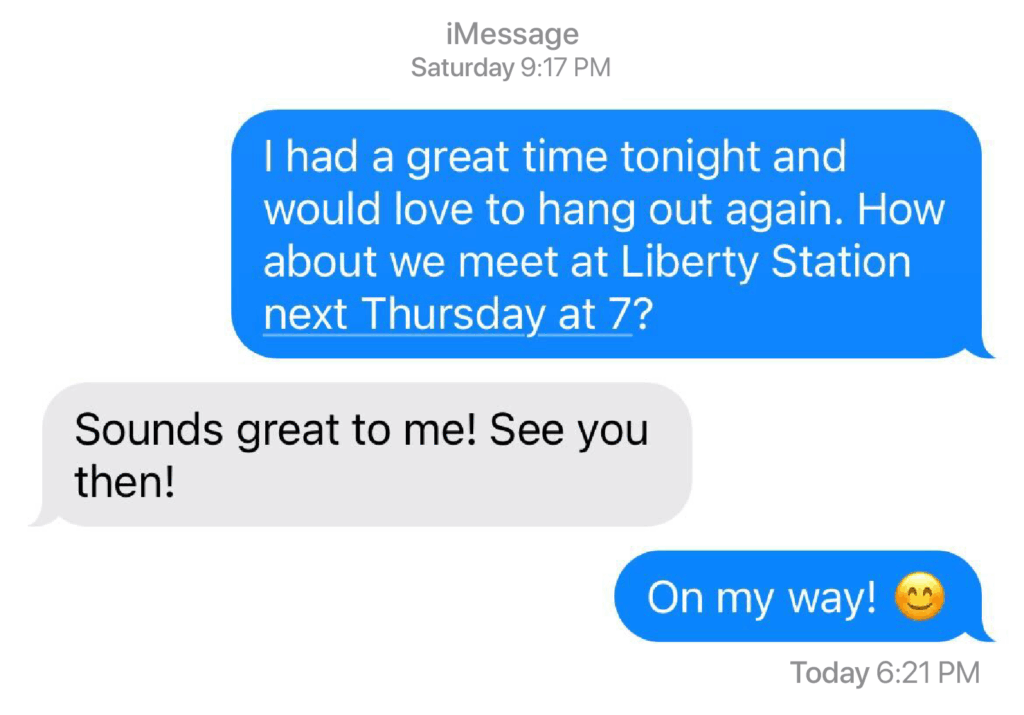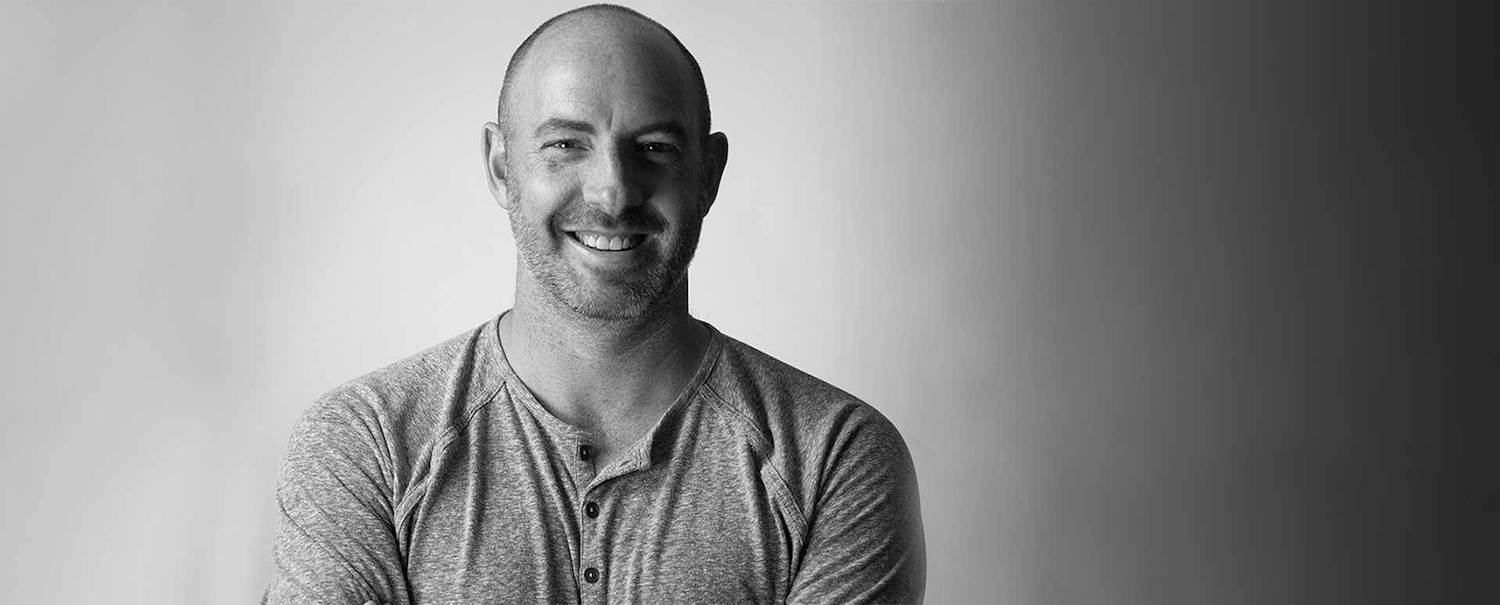The day Ryan Berman graduated from college, he moved to New York City and began his career at a big New York advertising firm. He was an intern, set on getting a permanent job—and he soon had the opportunity to pitch a few jingles to a client.
“I remember writing one jingle about the bread at Subway,” Berman recalls. “It was a gospel tune, and it was, ‘It’s risen, oh, yeah.’ I’ll never forget [that] the first three [jingles] that the chief marketing officer ended up choosing were all ones that I had written, and, of course, I couldn’t tell them that, but it gave me a lot of confidence that I was on the right path.”
That path next led him to San Diego, and he continued to build his career, working at and then starting creative agencies. But then, in 2015, he took a different tack and started writing a book called Return on Courage.

“It was a three-year listening lap where I had the opportunity to sit with what I now call the brave, the bullish, and the brainiac,” he says. “The idea was [that] I was going to go around the country and interview astronauts and Navy SEALs and CEOs, founders, people that were being or living courage, and try to see why some people leap.”
The book was intended as a guide for businesses. He says his research taught him that if you don’t have a courageous leader, “good luck on selling a courageous idea.”
Berman decided to apply what he was learning to his own life. He was co-founder and chief creative officer of i.d.e.a., an integrated creative agency based in San Diego, but “when I started to take what I was learning, it pretty much gave me the courage to fire myself in 2017,” he says.
Two years later, he published his book and launched his new company, Courageous, at the same time. Berman describes the business as a “think-feel-do consultancy.”
Berman helps companies identify how different fears are limiting growth. “There’s industry fears, there’s product fears, there’s service fears, there’s perception fears, which is marketing. And then there’s personal fears,” says Berman. “[Courageous] helps corporations fight fear and gives them the tools, the framework, the words, and the confidence to be courageous and to lead courageously. Our job is to be good listeners and problem slayers and help them get unstuck. I’ve been able to do that.”
In addition to hosting a podcast based on his book, Berman gives keynote speeches to corporate staff and runs workshops where he helps companies find their sticking points.
“[We offer] something we call Courageous Summits. It’s a three-day, off-site [program] that we’re designing for our partners,” he says. “I think we can all acknowledge that with remote work … the connection time just isn’t there. We aren’t connecting like we used to. The cultures are broken, and we don’t need more face time like Apple FaceTime. We need more real face time. So what we’ve been doing is designing these courageous summits for our partners, and we’re listening to what the challenges are from the client, where there may be fear with the team, and then we’re coming back with this three-day agenda.”
Berman has now spoken at major companies like Google, Snapchat, Logitech, and Kellogg’s. Courageous also offers consulting and has worked with businesses including OGX, MeUndies, and The Good Patch.
“We’re helping companies figure out what their tomorrow might look like and helping them build a courageous action plan for … the next three to five years,” he says.
So, how much will that insight set companies back? “When you compare us against what a Bain or McKinsey charges for similar services, we’re just a pittance for the value and ROI we’re providing,” says Berman. “It’s pretty clear that there’s a need for what we’re doing.” The fact that he’s working with such big-time players speaks for itself, he says.
“It’s been cool to just sort of be an ally and a friend of the leader,” he adds. “I think the more time I’ve spent in this arena, the more I realize how lonely it truly is to be the leader. They need … a partner that can give them the clarity and the tools so they can continue to move their organizations forward.”
This post contains affiliate links to products and services. We may receive compensation when you click on links.




















